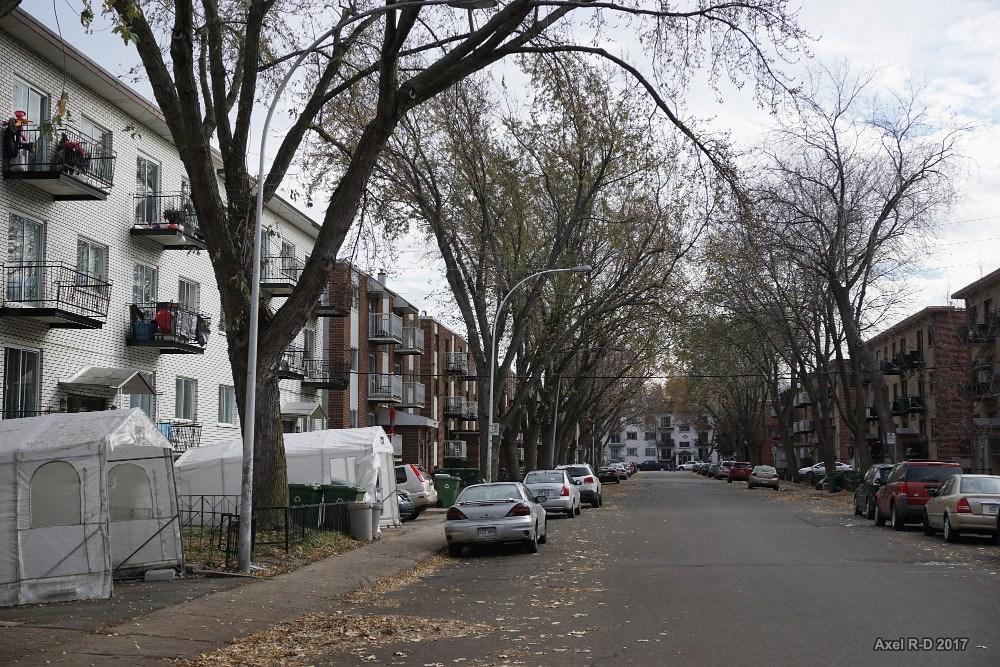Residents of the city of Montréal-Nord can drink tap water again, following a two-day preventive boil water advisory.
• Read also: A boil water advisory is in effect indefinitely in Montreal North
The notice had been in effect since Wednesday due to a breakdown and falling water pressure, the City of Montreal said in a press release. It targeted over 88,000 citizens.
It is therefore no longer necessary to boil water before consumption, but other steps must be followed:
- Turn on all cold water faucets and let the water run for a few minutes before using it. The same procedure applies to outdoor faucets, garden hoses and drinking fountains;
- Vacuum coffee machines, washing and disinfecting, ice machines;
- Change water treatment filters or filtration systems (pitcher, filter on tap or under the sink, cooler with water dispenser, etc.) according to the manufacturer’s recommendations.
The City specifies that there is no need to empty the hot water tank.
2024-11-29 22:19:00
#boil #water #advisory #Montreal #North #lifted
## Montreal-North Residents Breathe Sigh of Relief as Boil water Advisory Lifted
**After two days of uncertainty, residents of Montreal-North can finaly resume drinking tap water without needing to boil it first. The precautionary boil water advisory, affecting over 88,000 citizens, was issued on Wednesday following a mechanical failure that caused a drop in water pressure.**
To help us understand the impact of this situation and what steps residents need to take now, we’ve invited two experts: Dr. Anne Dupont, a water quality specialist with over 20 years of experience at the Montreal Public Health Department, and Jean-Pierre martin, director of Infrastructure at the City of Montreal.
**Dr. Dupont**, thank you for joining us. **Can you explain why a boil water advisory was necessary in this specific situation?**
**Dr. Dupont:** “When there’s a sudden drop in water pressure,it increases the risk of external contaminants entering the water system.Bacteria and other harmful microorganisms could possibly find their way into the pipes. Boiling the water kills most of these pathogens, ensuring its safety for consumption.”
### Understanding the Advisory’s Impact
**Mr. Martin**, what were some of the immediate challenges faced by residents during the advisory?
**Mr. Martin:** “Beyond the inconvenience of boiling water for every use, there was a concern about access to clean water for vulnerable populations, like seniors or those with limited mobility. We worked closely with community organizations to ensure they had access to safe drinking water throughout the advisory.”
“Let’s be clear, this was a precautionary measure. Our tests did not indicate any contamination, but public safety is our top priority.”
### Reassuring the Community: Post-Advisory Steps
**Dr. Dupont**, the advisory has been lifted, but what steps should residents take now to ensure their water is safe?
**Dr. Dupont:** “It’s crucial to flush your water lines by running all cold water faucets for a few minutes. This helps clear out any stagnant water that may have accumulated during the advisory. You should also clean and disinfect any appliances that use water, like coffee machines and ice makers.Remember to change your water filters according to the manufacturer’s instructions.”
### Looking Ahead: Preventative Measures
**Mr. Martin**, what steps is the City of Montreal taking to prevent similar situations in the future?
**Mr. Martin:** “We are undertaking a thorough investigation to identify the root cause of the mechanical failure. This will inform our maintenance and infrastructure upgrade plans. We are committed to making our water system even more resilient and reliable.”
**”We understand the inconvenience this situation caused, and we appreciate the public’s cooperation in adhering to the boil water advisory.”**
### Staying Informed
this incident highlights the importance of staying informed about water quality advisories in your community.Always follow official guidelines from your local authorities and consult reliable sources for information.
For more information on water safety guidelines, please visit the **montreal Public Health Department website** [link to relevant website].


